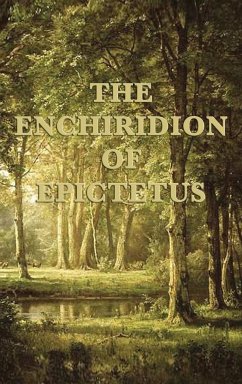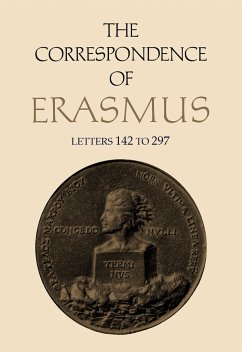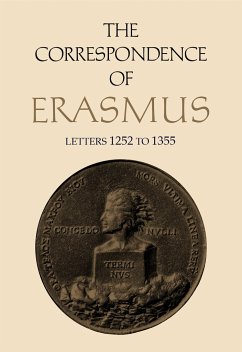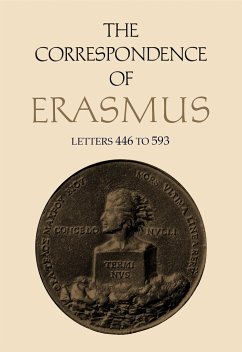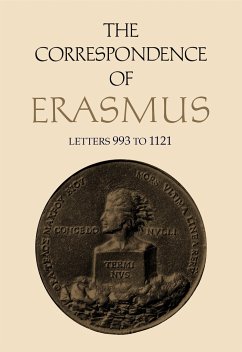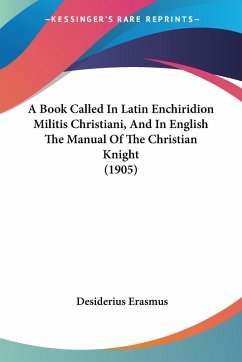
A Book Called In Latin Enchiridion Militis Christiani, And In English The Manual Of The Christian Knight (1905)
Versandkostenfrei!
Versandfertig in 1-2 Wochen
29,99 €
inkl. MwSt.

PAYBACK Punkte
15 °P sammeln!
The book ""Enchiridion Militis Christiani"" is a classic work of Christian literature written by the renowned Dutch philosopher and theologian, Desiderius Erasmus. Originally written in Latin, the book is also known as ""The Manual of the Christian Knight"" in English. First published in 1503, this book is a guide for Christian soldiers who wish to live a virtuous life while serving in the military. The book is divided into four sections, each of which focuses on a different aspect of Christian life. The first section discusses the importance of faith and the need for Christians to put their t...
The book ""Enchiridion Militis Christiani"" is a classic work of Christian literature written by the renowned Dutch philosopher and theologian, Desiderius Erasmus. Originally written in Latin, the book is also known as ""The Manual of the Christian Knight"" in English. First published in 1503, this book is a guide for Christian soldiers who wish to live a virtuous life while serving in the military. The book is divided into four sections, each of which focuses on a different aspect of Christian life. The first section discusses the importance of faith and the need for Christians to put their trust in God. The second section deals with the virtues that Christians should cultivate, such as humility, patience, and charity. The third section discusses the importance of prayer and devotion, and the final section provides practical advice on how to live a Christian life in the midst of the challenges and temptations of the world.Erasmus draws on a wide range of sources, including the Bible, the writings of the Church Fathers, and classical literature, to provide a comprehensive and practical guide for Christian soldiers. He emphasizes the importance of living a life of moral and spiritual excellence, even in the midst of war and conflict. This edition of the book, published in 1905, includes an introduction by the translator, William Cleaver Wilkinson, as well as footnotes and annotations to help readers understand the historical and cultural context of the work. Overall, ""The Manual of the Christian Knight"" is a timeless classic of Christian literature that continues to inspire and challenge readers today.Replenished With Most Wholesome Precepts Made By The Famous Clerk Erasmus Of Rotterdam To The Which Is Added A New And Marvelous Profitable Preface.This scarce antiquarian book is a facsimile reprint of the old original and may contain some imperfections such as library marks and notations. Because we believe this work is culturally important, we have made it available as part of our commitment for protecting, preserving, and promoting the world's literature in affordable, high quality, modern editions, that are true to their original work.






